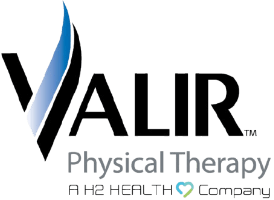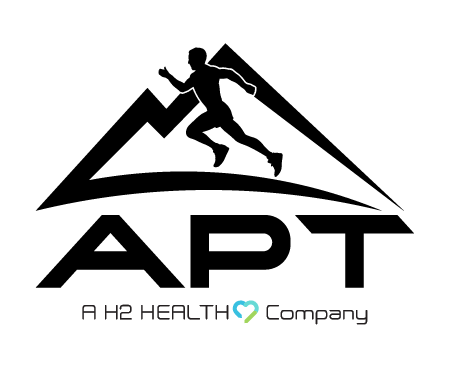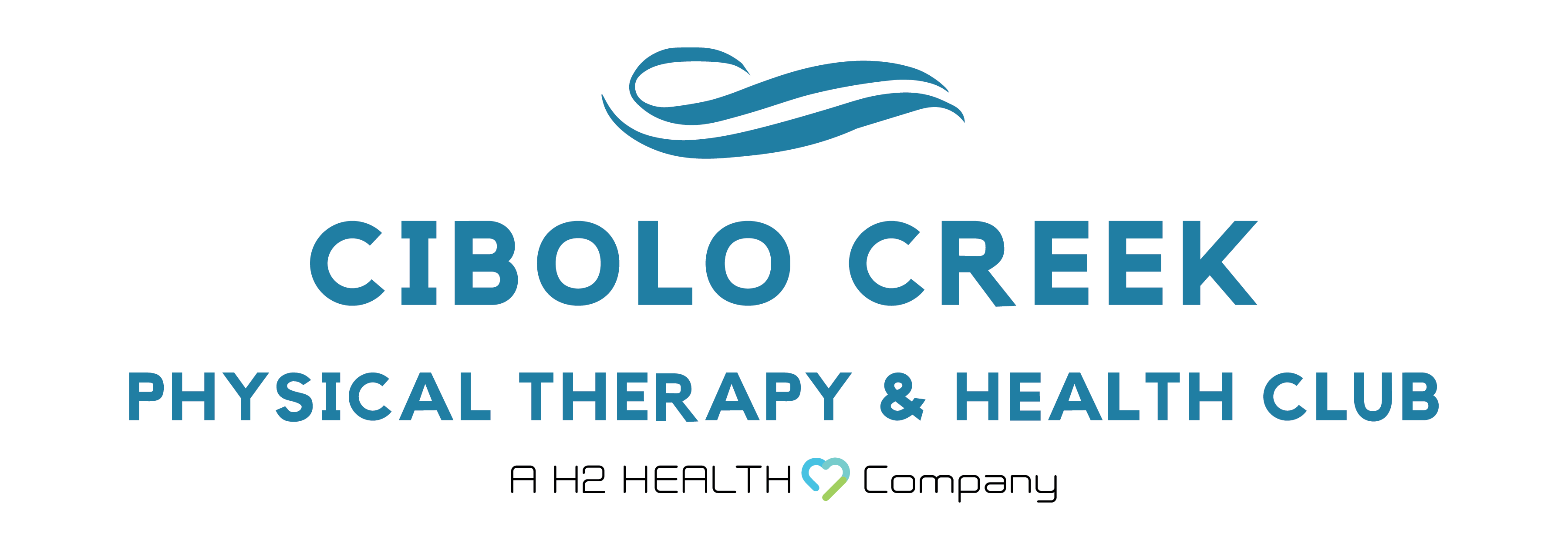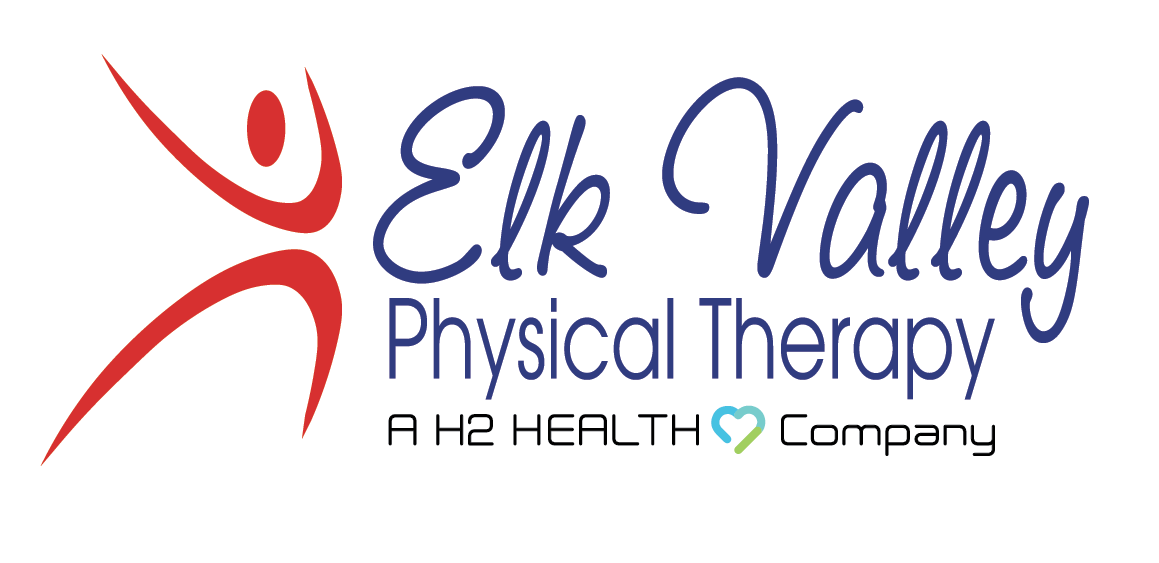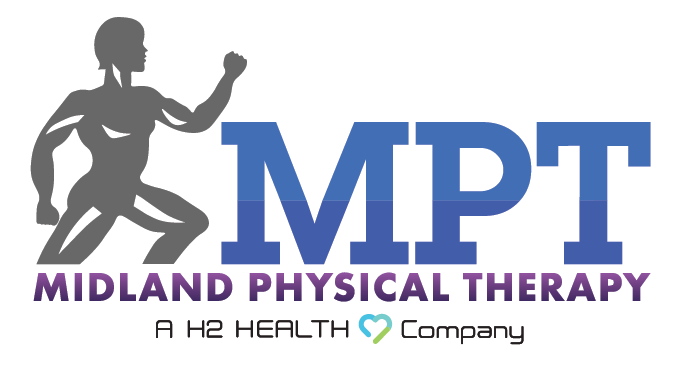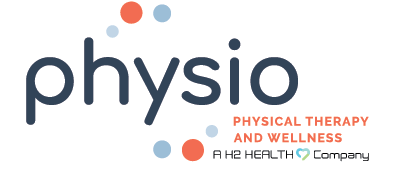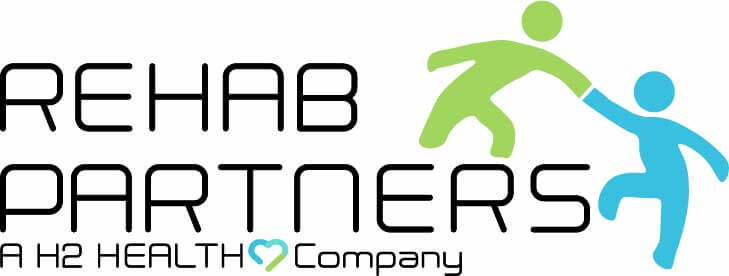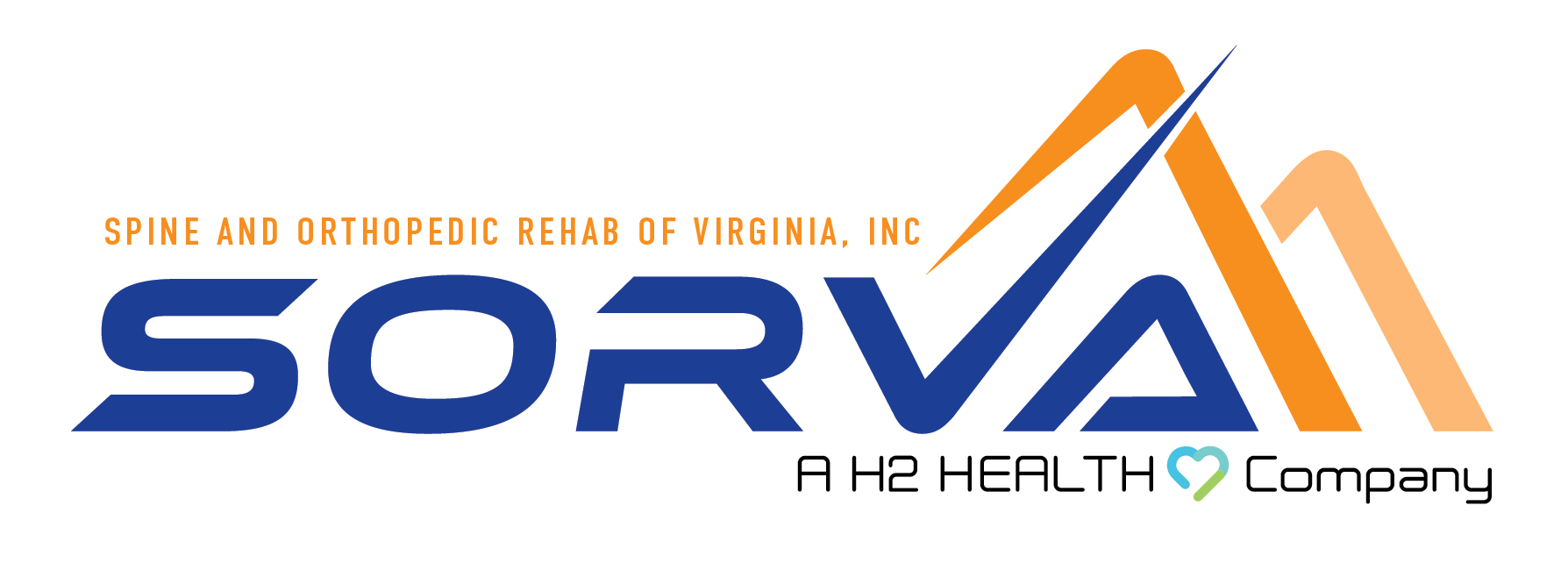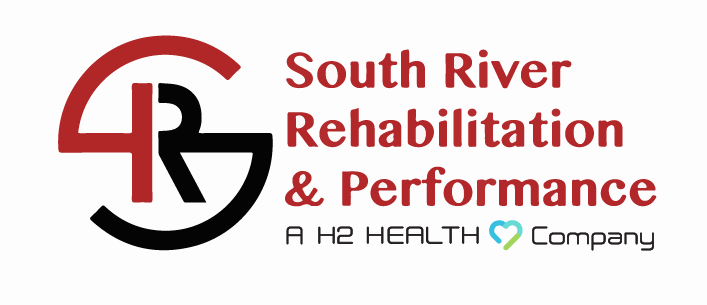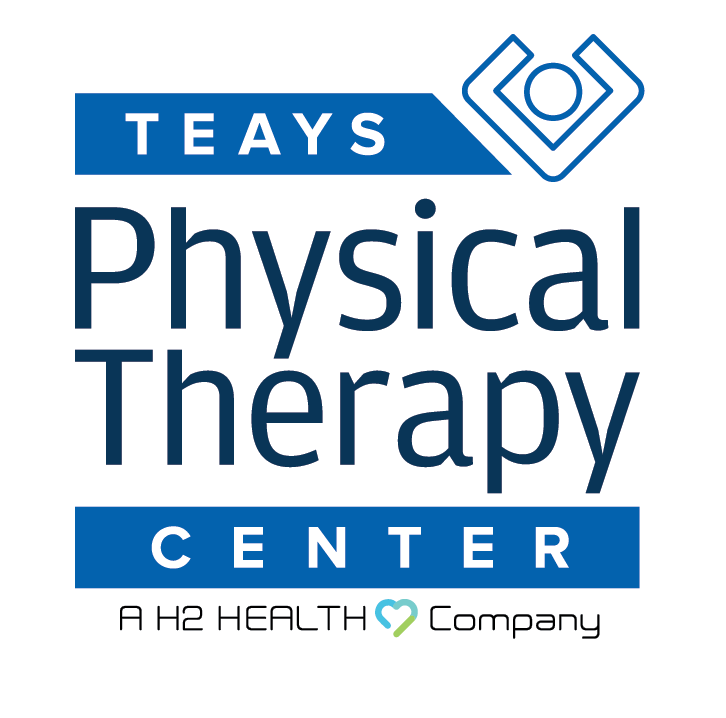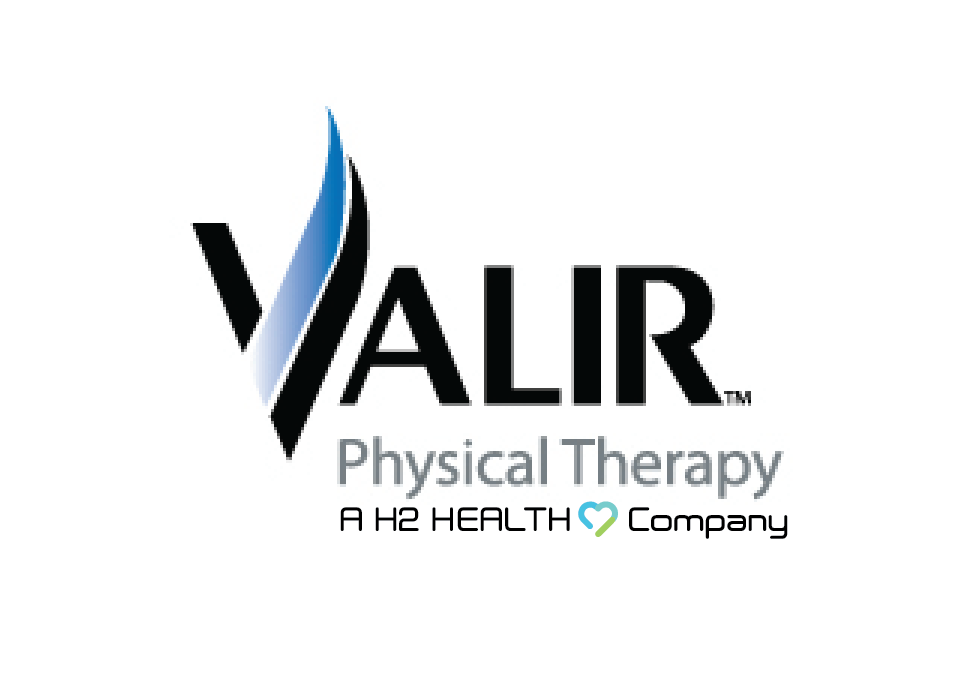Pelvic Health

Maintaining pelvic health is important for both men and women. The pelvic region is home to many vital organs, including the bladder, reproductive organs, and rectum. This makes it essential for proper urination, bowel movements, and sexual function. Unfortunately, pelvic health can often be neglected. This can lead to several problems, including incontinence, sexual dysfunction, and prolapse. Our physical therapists define and teach the most holistic ways to enhance pelvic health.
Urinary incontinence refers to the leaking of urine without the intention of voiding. It occurs due many reasons, but the most common one is stress incontinence. Stress incontinence occurs when the pelvic muscles (external urethral sphincter, etc.) aren’t strong enough to hold the urine in the bladder. Women can often suffer from incontinence as their pelvic muscles are relatively weaker and they are involved in normal childbirth. The normal birthing process frequently tears the pelvic muscles that function as the bladder valves, causing incontinence.
Urinary incontinence also affects males, especially the elderly. Other causes of urinary incontinence include spinal cord injuries and brain injuries. H2 Health clinicians are trained in helping people treat all types of urinary incontinence. So, let us help you enjoy life through physical therapy!
Pelvic health physical therapists play a vital role in supporting women during both the prenatal and postpartum periods of pregnancy. They help prepare the body for childbirth by addressing muscular imbalances, improving pelvic floor function, and reducing discomfort associated with pregnancy. After delivery, these specialists assist in recovery by helping restore core and pelvic floor strength, managing pain, addressing issues such as incontinence or diastasis recti, and supporting a safe return to daily activities and exercise. Their care promotes healing, comfort, and long-term well-being for new and expecting mothers.
Similar to urinary incontinence, fecal incontinence occurs due to trauma to the external anal sphincter. As it is a voluntary muscle, fecal incontinence can be controlled using various physical therapy exercises. H2 Health physical therapists will develop a tailored plan for treating your fecal incontinence.
Our therapists treat a variety of diagnosis related to pelvic health including:
- Vaginismus
- Dyspareunia
- Vulvodynia
- Premature ejaculation
- Erectile dysfuncction
- Sacroiliac dysfunction
- Scar management
Check with your local clinical team on how we can help you with your specific diagnosis.
What to Expect
- The noninvasive treatment approach to treating urge and stress incontinence for female patients
- Holistic treatment for under-discussed male problems
- Exercise program individualized based on your current status and ability
- Education focusing on a healthy diet and reducing bladder irritants
- Biofeedback and neuromuscular re-education
- Covered by most insurances
The H2 Health Family cares for all of its patients and values their privacy and discreet treatment. Our teams consist of licensed and specialized physical therapist with exceptional training in all things pevlic health. Check out your closest clinic's services and learn more!
FIND A PELVIC THERAPY LOCATION NEAR YOU!
H2 Health – Beaches
14444 Beach Blvd, Ste 21
Jacksonville, FL 32250
(904) 223-4124
Visit Location
Rehab Partners – Crystal River
1560 N Meadowcrest Blvd
Crystal River, Florida 34429
(352) 228-4088
Visit Location
H2 Health – London
649 Meyers Baker Rd, Ste 102
London, KY 40741
(606) 864-7316
Visit Location
Physio Physical Therapy – West Asheville
1308 B Patton Ave
Asheville, NC 28806
(828) 348-1780
Visit Location
H2 Health – Dublin
5286 Alexander Road
Dublin, VA 24084
(540) 674-6400
Visit Location
Virginia Center For Spine & Sports Therapy
2820 Waterford Lake Dr, Ste 103
Midlothian, VA 23112
(804) 249-8277
Visit Location
Turner Physical Therapy
203 Dawkins Dr.
Lewisburg, WV 24901
(304)-645-9797
Visit Location
Active Fitness & Physical Therapy
436 Central Ave
Oak Hill, WV 25901
(304) 465-3654
Visit Location
Active Fitness & Physical Therapy – Hico
44 Opossum Creek Rd
Victor, WV 25938
(304) 658-5858
Visit Location
Tears Physical Therapy Center – Teays Valley
3910 Teays Valley Road
Hurricane, WV 25526
(304) 757-7293
Visit Location
Teays Physical Therapy Center – St. Albans
808 B Street, Suite A
St. Albans, WV 25177
(304) 727-7293
Visit Location



